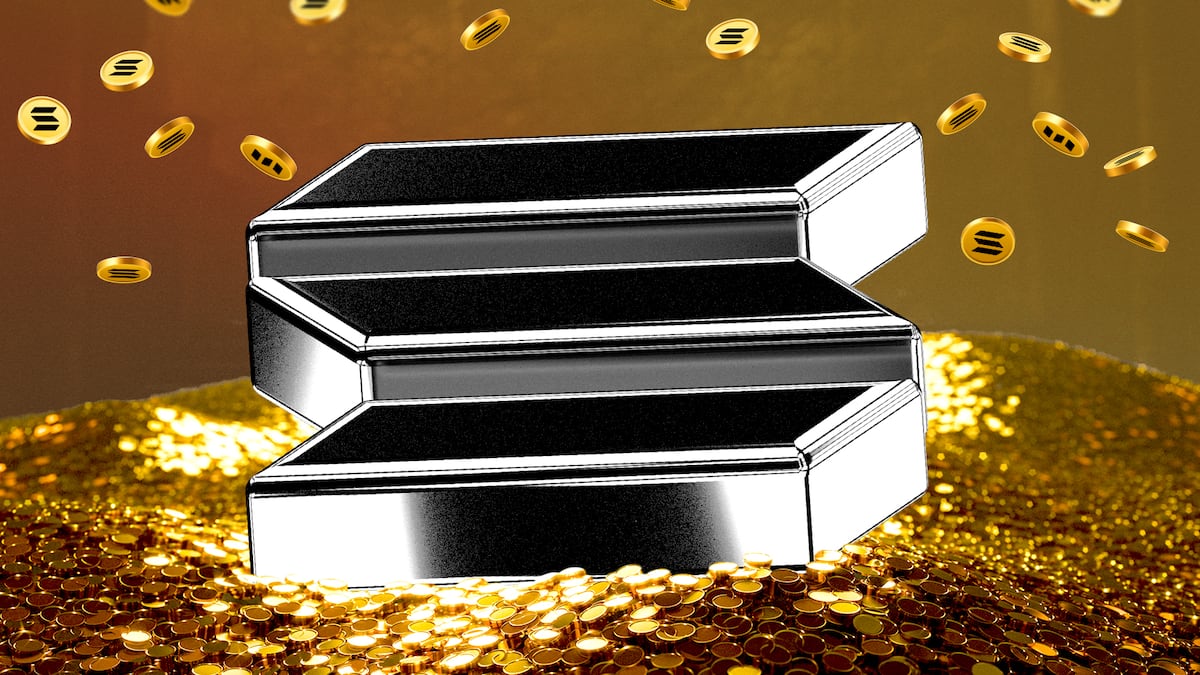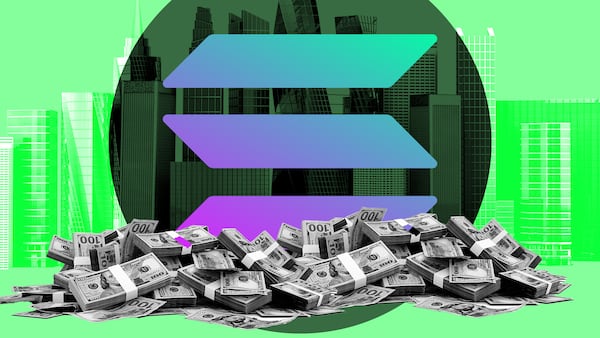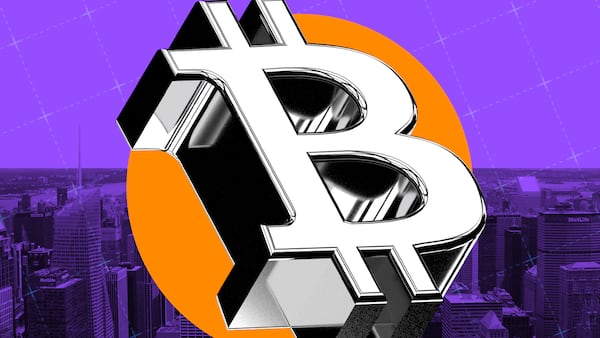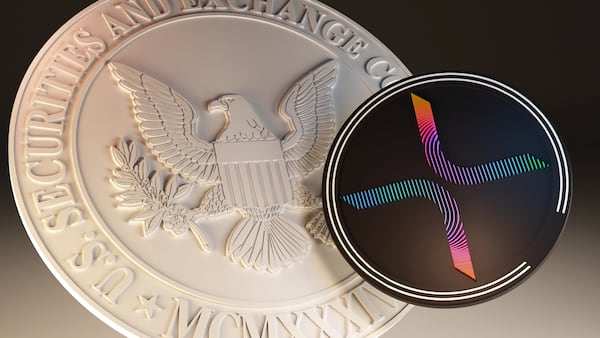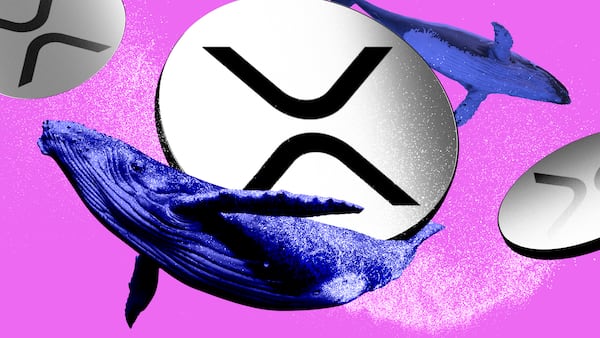- Three companies have committed more than $50 million to the strategy.
- Solana has multiplied in value eight times in the last two years.
- Will Solana behave like Bitcoin?
Michael Saylor’s love of Bitcoin has spawned numerous copycats.
But three companies have put a fresh twist on his approach — instead of acquiring Bitcoin they are devoting their balance sheets to SOL, the cryptocurrency issued by Solana.
Last week, SOL Strategies, a company that validates the cryptocurrency, among other ventures, announced it had purchased $20 million worth of the token.
With financing from $500 million worth of convertible notes, the firm plans to stake and hold Solana in its treasury.
$30 million buy
Two other ventures — Upexi and DeFi Development Corp. — are pursuing similar strategies.
On Thursday, DeFi Development Corp. announced the purchase of 20,000 Solana for $3 million as part of its core business strategy. On Tuesday, Upexi announced a $30 million buy.
There’s no mystery why Saylor, the executive chairman of Strategy, has sparked this rush.
His company’s stewardship of 568,840 Bitcoin has showered stockholders with gaudy returns — Strategy’s shares have soared 243% in the last 12 months.
Solana has multiplied in value about eight times in the last two years compared to a 35% increase in Ethereum.
“We believe this [Solana] treasury strategy makes considerable sense,” Jupiter Zheng, partner, Liquid Fund at HashKey Capital, told DL News.
‘Increased risks’
Other market experts aren’t so sure.
Christian Catalini, founder of the MIT Cryptoeconomics Lab, said Strategy and Twenty One, another newly formed venture stockpiling Bitcoin, are borrowing heavily to build their treasuries.
“The wager pays off only if Bitcoin rises faster than the debt’s carrying cost and lenders stay willing to roll the loans,” Catalini told DL News.
“Try the same manoeuvre with Solana and you have increased risks — lower institutional demand and less liquidity leave almost no buffer when prices drop."
Mushroom gummies
As for the three companies underlying businesses, they are quite diverse.
SOL Strategies used to be called Cypherpunk Holdings and before that, Khan Resources, a uranium mining company based in Mongolia from 1995.
Since 2019, the venture has focused on blockchain investment and acquiring Bitcoin.
Upexi, a self-styled “brand owner,” owns a business selling non-psychoactive mushroom gummies and tinctures, another pitching pet nail grinders, and a third for energy gummies.
And DeFi Development, a company run by former Kraken employees, used to be called Janover, an artificial-intelligence real-estate management platform.
‘It’s a natural development for companies to see that other digital assets are appealing as strategic reserves.’
— David Siemer, Wave Digital Assets,
By piling into Solana, the companies are betting on a decentralised blockchain designed to compete with Ethereum by supporting transactions at far greater processing speeds and lower costs.
“These companies are leveraging Solana’s unique advantages in speed, cost efficiency, and yield generation through staking,” Nic Roberts-Huntley, CEO and co-founder of Blueprint Finance, told DL News.
Bitcoin vs Solana
As an asset to store on a balance sheet, Solana differs dramatically from Bitcoin.
The top cryptocurrency has programmed scarcity, with the total number of coins set at 21 million. Solana can, theoretically, create an infinite number of coins.
Bitcoin, whose blockchain is tended by miners, answers to no one except founder Satoshi Nakamoto’s code. Solana is administered by the Solana Foundation, which mediates updates and changes to the network.
And while Bitcoin is designed to be a digital form of money, Solana is a business that derives revenue by supporting all manner of ventures on its blockchain, including memecoins and decentralised private infrastructure networks, or DePIN.
That being said, Solana, along with XRP and Ether, have demonstrated resilience in bear markets and created ample wealth in bull markets.
“It’s a natural development for companies to start to see that other digital assets, not just Bitcoin, are appealing as strategic reserves,” David Siemer, CEO of Wave Digital Assets, told DL News.
Easier and cheaper
Moreover, with the Trump administration relaxing rules around crypto, many analysts anticipate a number of new exchange-traded funds for Solana, XRP, and even Litecoin will get the green light.
This development, which would make it easier and cheaper for investors to buy these cryptocurrencies, may become a huge source of growth.
These three companies appear to be counting on that trend.
Andrew Flanagan is a markets correspondent for DL News. Have a tip? Reach out to aflanagan@dlnews.com.


